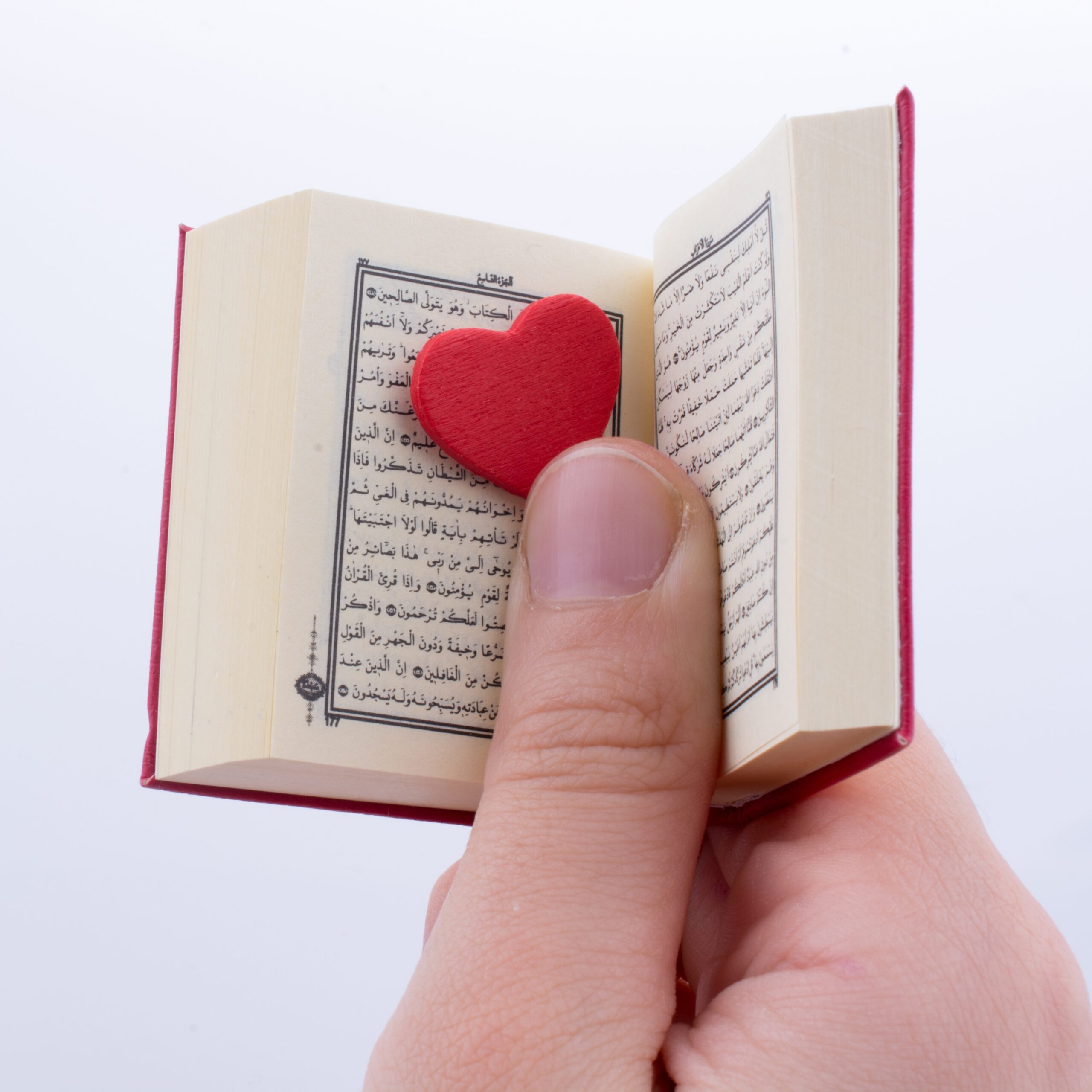Cleanliness holds a central place in Islam, encompassing both physical and spiritual purity. It is not merely a matter of hygiene but an essential aspect of faith and a reflection of a Muslim’s devotion to Allah. The cleanliness in Islam goes beyond personal hygiene, extending to one’s environment, habits, and spiritual
Jannah (Heaven) in Islam: A Detailed Exploration
Jannah, often referred to as “Paradise” or “Heaven” in Islam, represents the ultimate reward for believers who lead righteous lives. It is depicted as a place of eternal bliss, peace, and proximity to Allah. The Qur’an and Hadith provide vivid descriptions of Jannah, detailing its beauty, rewards, and the profound joy
How To Perform Hajj
Hajj, the pilgrimage to Mecca, is one of the five pillars of Islam and a profound spiritual journey that every able Muslim must undertake at least once in their lifetime. Hajj occurs annually in the month of Dhul-Hijjah and involves a series of rituals that commemorate the actions of the Prophet
Finding Peace in Stillness: A Quranic Perspective on Winter
Winter is a season often associated with stillness, reflection, and rest. In many cultures, winter symbolizes a time to slow down, reflect, and find peace within oneself. Islam also encourages believers to embrace moments of quiet and tranquility, offering winter as a beautiful period for spiritual growth and introspection. For those
The Importance of Exercise in Islam
In Islam, health is considered a blessing from Allah, and believers are encouraged to take care of both their physical and spiritual well-being. A balanced lifestyle that includes regular physical activity can enhance mental clarity, energy levels, and overall well-being, allowing Muslims to perform their daily acts of worship more effectively.
The Significance of Fasting on Mondays and Thursdays
Fasting, or sawm, is a cherished act of worship in Islam, known primarily for its obligatory form during the holy month of Ramadan. However, voluntary fasting is another beautiful aspect of worship that brings unique blessings and merits. Among the various forms of Sunnah fasting, fasting on Mondays and Thursdays stands
Learn Quran Online with Female Quran Teachers: A Guide for Female Students
In today’s digital world, more people are choosing to learn Quran online with female Quran teachers. This approach provides a unique opportunity for female students who prefer a comfortable, accessible, and flexible learning environment. With the guidance of female teachers, students can deepen their Quranic knowledge in a setting that respects
How to Perform Wudu
In Islam, cleanliness and purity are essential aspects of worship, and wudu, or ablution, is a ritual that prepares Muslims for prayer and other sacred acts. This step-by-step purification practice cleanses both body and spirit, fostering a deeper connection with Allah. Let’s explore what wudu is, why it’s important, and how
Islamic Teachings on Patience (Sabr)
In Islam, patience—referred to as Sabr—is not just a virtue but a necessary trait that reflects a believer’s strength, endurance, and faith. Throughout the Quran, Allah encourages patience as a means to remain steadfast in both ease and difficulty. The significance of patience in Islam cannot be overstated; it is a
Rights of Neighbors in Islam
In Islam, the concept of community and mutual support is central to a believer’s life. Among the relationships emphasized in Islam, the bond between neighbors holds a special place. The neighbor rights in Islam are not only a religious duty but a means to build compassion, harmony, and understanding within communities.
Role of Shura (Consultation) in Islam
In Islam, consultation, known as Shura, plays a vital role in promoting collaboration, unity, and mutual respect among individuals and communities. Rooted in Islamic teachings, the Role of Shura (Consultation) in Islam reflects the importance of inclusivity and collective wisdom, ensuring that decisions benefit the entire community. Understanding the concept of
The Significance of Dates in Islam
In Islam, dates are more than just a fruit; they are a symbol of sustenance, faith, and divine blessing. From the time of the Prophet Muhammad (PBUH), dates have been a staple in Islamic tradition, especially during the holy month of Ramadan when Muslims around the world break their fast with
How to Use Tafsir to Understand the Quran
Tafsir, the scholarly interpretation of the Quran, plays a critical role in understanding its profound teachings. The Quran, considered the ultimate source of guidance for Muslims, offers principles and laws for life, spirituality, and humanity. However, interpreting the Quran correctly requires an in-depth understanding, which is where Tafsir comes in. This
Islam Beliefs and Practices
Islam has beliefs and practices that shape the lives of over a billion Muslims around the globe. Ever wondered what these core principles are and why they matter so much? This post will break down the fundamental aspects of Islam, giving you clear insights into its teachings and rituals. Core Beliefs
What is Halal in Islam?
Have you ever wondered what halal means in Islam? Halal isn’t just a word; it’s a way of life for millions of Muslims around the world. It signifies what’s permissible or lawful under Islamic law, impacting daily routines from food choices to lifestyle decisions. Understanding what is halal in Islam helps
What is The meaning of Ameen in Islam?
Ever wondered what Ameen really means when you hear it during prayers? In Islam, “Ameen” is more than just a customary phrase—it’s a profound expression of hope and sincerity. As you dive into your daily prayers or hear it in religious gatherings, understanding its significance can deepen your spiritual experience. The term often
What is Jinn in Islam?
Have you ever been curious about the mysterious beings known as Jinn in Islam? You’re not alone! These enigmatic creatures have captivated the minds of many for centuries. In Islamic theology, jinn are believed to be supernatural beings created from smokeless fire, existing alongside humans but in a parallel world. Their
Tabarak Allah Meaning in Arabic and Islam
Have you ever wondered about the meaning behind the phrase ‘Tabarak Allah’? You’re not alone. This beautiful Arabic expression holds deep cultural and religious significance, often heard in Islamic communities worldwide. When you hear someone say ‘Tabarak Allah’, it’s more than just words—it’s a powerful acknowledgment of God’s greatness and blessings.
50 Beautiful Muslim Boy Names and Their Meaning
Muslim culture places significant importance on the meaning and beauty of names, especially when it comes to naming a baby boy. Choosing a beautiful name for your son is not just a tradition but a reflection of values and beliefs that can shape his identity and future. In this blog post,
The 5 Daily Prayers in Islam and What They Mean
Prayer is one of the 5 pillars of Islam. In Islam, praying is a fundamental aspect of worship and spiritual connection. The five daily prayers, known as Salah, are obligatory prayers and a pivotal part of a Muslim’s day, each with its own significance. Let’s delve into each of the 5
- 1
- 2



















